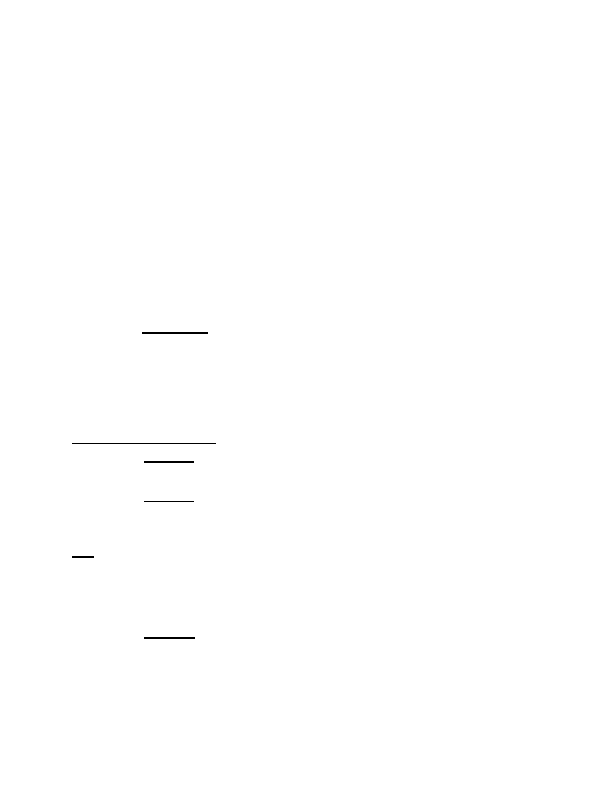
We next turn to the so-called "technological arts test" that some amici
urge us
to adopt. We perceive that the contours of such a test, however, would be unclear
because the meanings of the terms "technological arts" and "technology" are both
ambiguous and ever-changing.
And no such test has ever been explicitly adopted by
the Supreme Court, this court, or our predecessor court, as the Board correctly
observed here. Therefore, we decline to do so and continue to rely on the machine-or-
transformation test as articulated by the Supreme Court.
We further reject calls for categorical exclusions beyond those for fundamental
principles already identified by the Supreme Court.
We rejected just such an
exclusion in State Street, noting that the so-called "business method exception" was
unlawful and that business method claims (and indeed all process claims) are "subject
to the same legal requirements for patentability as applied to any other process or
method." 149 F.3d at 1375-76. We reaffirm this conclusion.
20
See, e.g., Br. of Amicus Curiae Consumers Union et al. at 6-10; Br. of
Amicus Curiae William Mitchell Coll. of Law Intellectual Prop. Inst. at 14-15.
21
Compare Appellee's Br. at 24-28 (arguing that patents should be reserved
only for "technological" inventions that "involve[] the application of science or
mathematics," thereby excluding "non-technological inventions" such as "activities
whose ability to achieve their claimed goals depended solely on contract formation"),
with Br. of Amicus Curiae Regulatory Datacorp, Inc. at 19-24 (arguing that "innovations
in business, finance, and other applied economic fields plainly qualify as 'technological'"
since "a fair definition of technological is 'characterized by the practical application of
knowledge in a particular field'" and because modern economics has "a closer affinity to
physics and engineering than to liberal arts like English literature").
22
See, e.g., Br. of Amicus Curiae Fin. Servs. Indus. at 20 ("[E]xtending
patent protection to pure methods of doing business . . . is contrary to the constitutional
and statutory basis for granting patent monopolies . . . .").
23
Therefore, although invited to do so by several amici, we decline to adopt
a broad exclusion over software or any other such category of subject matter beyond
the exclusion of claims drawn to fundamental principles set forth by the Supreme Court.
2007-1130 21
